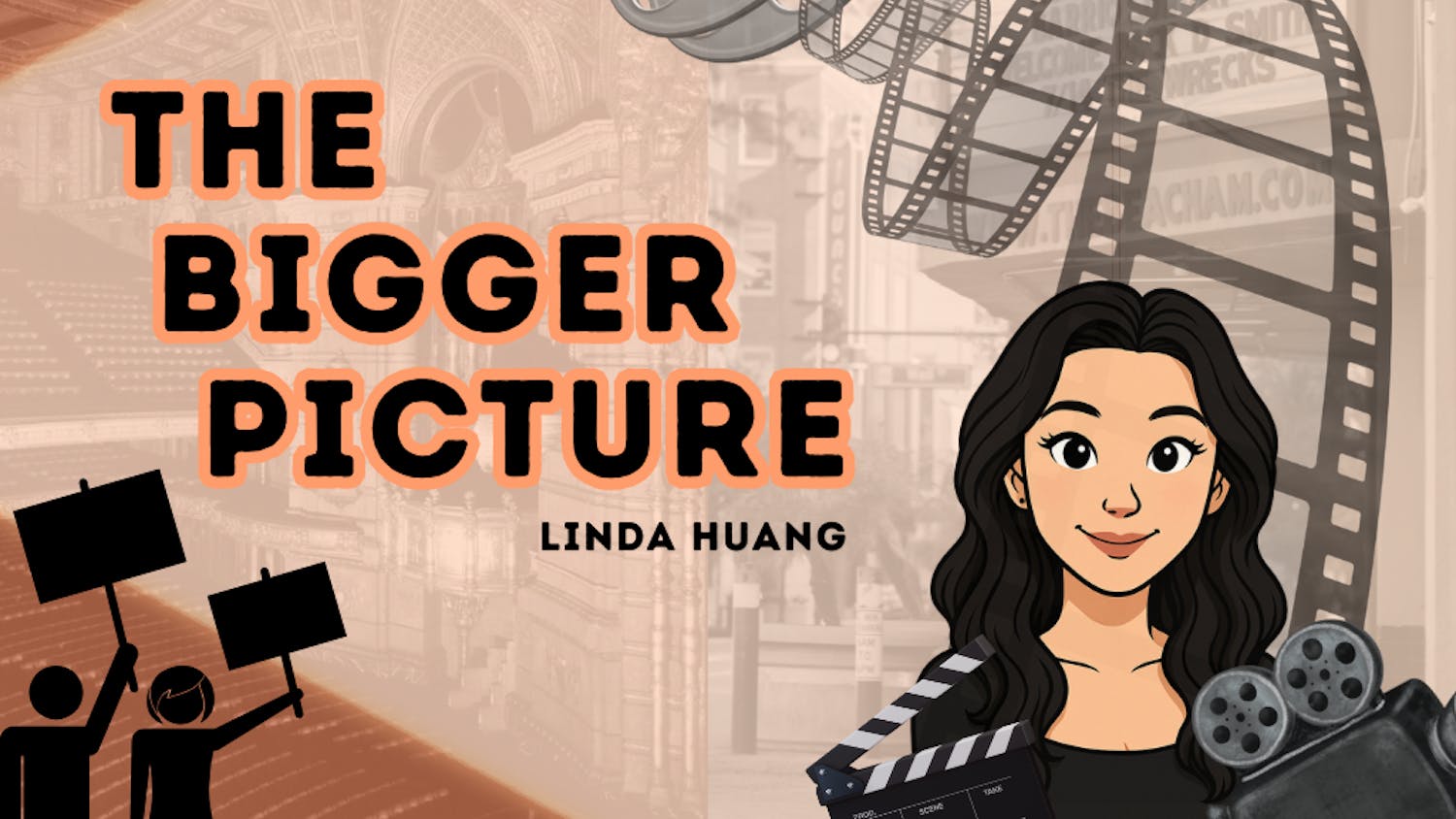This Thanksgiving, instead of choosing to sit down and watch the Macy's Parade or a football game, I settled for a slightly unorthodox choice: Steve McQueen's 2008 historical drama, "Hunger."
"Hunger" follows the life of Irish Republican Army (IRA) volunteer and activist Bobby Sands (Michael Fassbender) through his time in prison during the 1981 dirty protests chronicling the end of his imprisonment and hunger strike.
Normally my favorite element of a film is the dialogue, and the more distinctive the better, with films like "Juno" (2007) and "The Big Chill" (1983) sitting high up on my favorites list. "Hunger" has very little dialogue, with the film's first act containing almost no dialogue and focusing heavily on the minutiae of its characters' days. The film begins with many different shots of one of the Maze Prison wardens getting on with his day, but the quiet of the work gives one the headspace to notice the details that give these normal behaviors away as belonging to anything but a normal time: the cops' bloody knuckles or the quick burpee he performs before going to work to check that no one has attached a bomb to the bottom of his car. The lack of verbal explanation on the topics serve to allow us to notice them better while pulling us into the story. While watching the film, the focus on the visuals left me wrapped up in the story, focused on the small things.
Later on in the film, near the end of the third act, McQueen switches this up completely, using the same technique in the opposite way to make us focus on what he wants us to see. Just as Sands is about to embark on his hunger strike in the name of earning the status of political prisoners for him and his fellow imprisioned IRA members, he decides to meet with a priest. McQueen shoots this over 20-minute conversation as a singular wide shot, stripping down the typical conventions used to jazz up an A and B conversation. In the absence of J and L-cuts, of transitions between tighter shots of each character's face back to a wide shot, all normally used to ease the flow of conversation to, leaving us to stew in the discomfort of the ideas being discussed. Tensions between the priest and Sands begin to rise as the conversation drifts forward, with the priest seeing Sands' choice to participate in the hunger strikes as a cop out, him choosing suicide as an easy way out of his own suffering but masking it as martyrdom, while Sands believes it is the next step in fighting for what he believes in. Rather than using obvious editing techniques to make sure this tension is perceived, McQueen leaves us with just the words the men are saying, hoping that we are torn between them.
"Hunger" truly surprised me, and I urge you to, as we head into the new semester, try and watch, read or experience something that you don't expect to like. You may just be hungry for what it has to offer.
Movie Theater Butter: 'Hunger'






